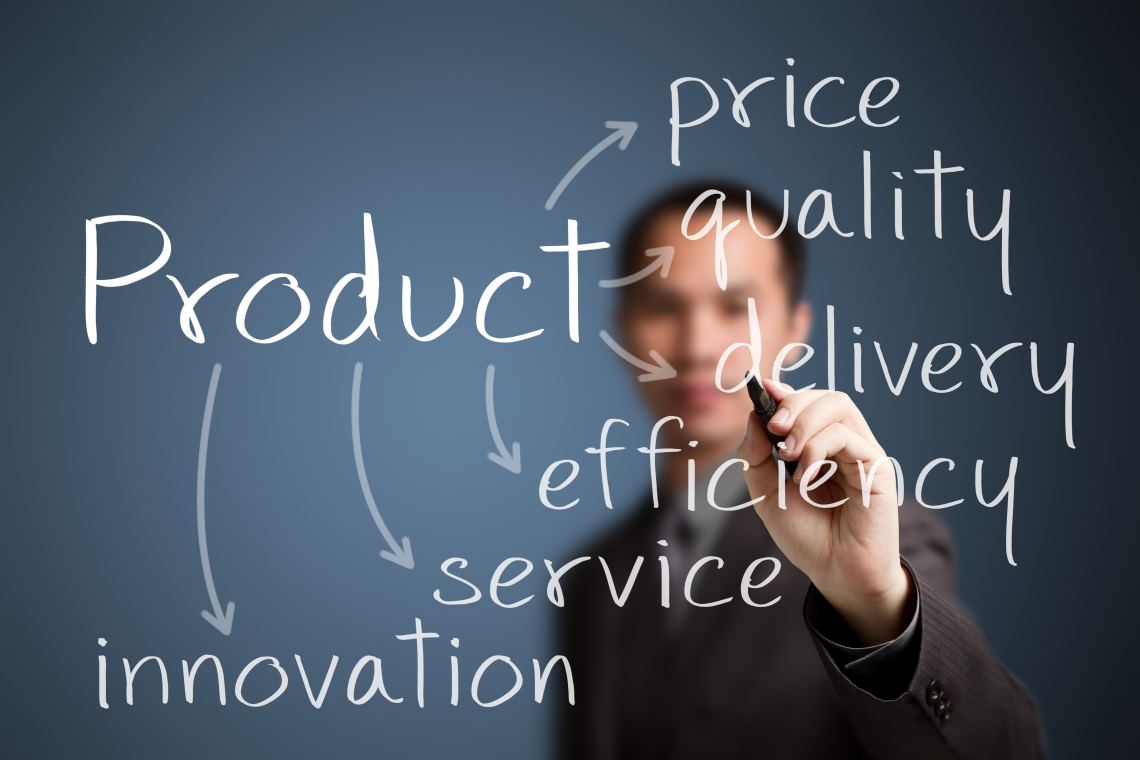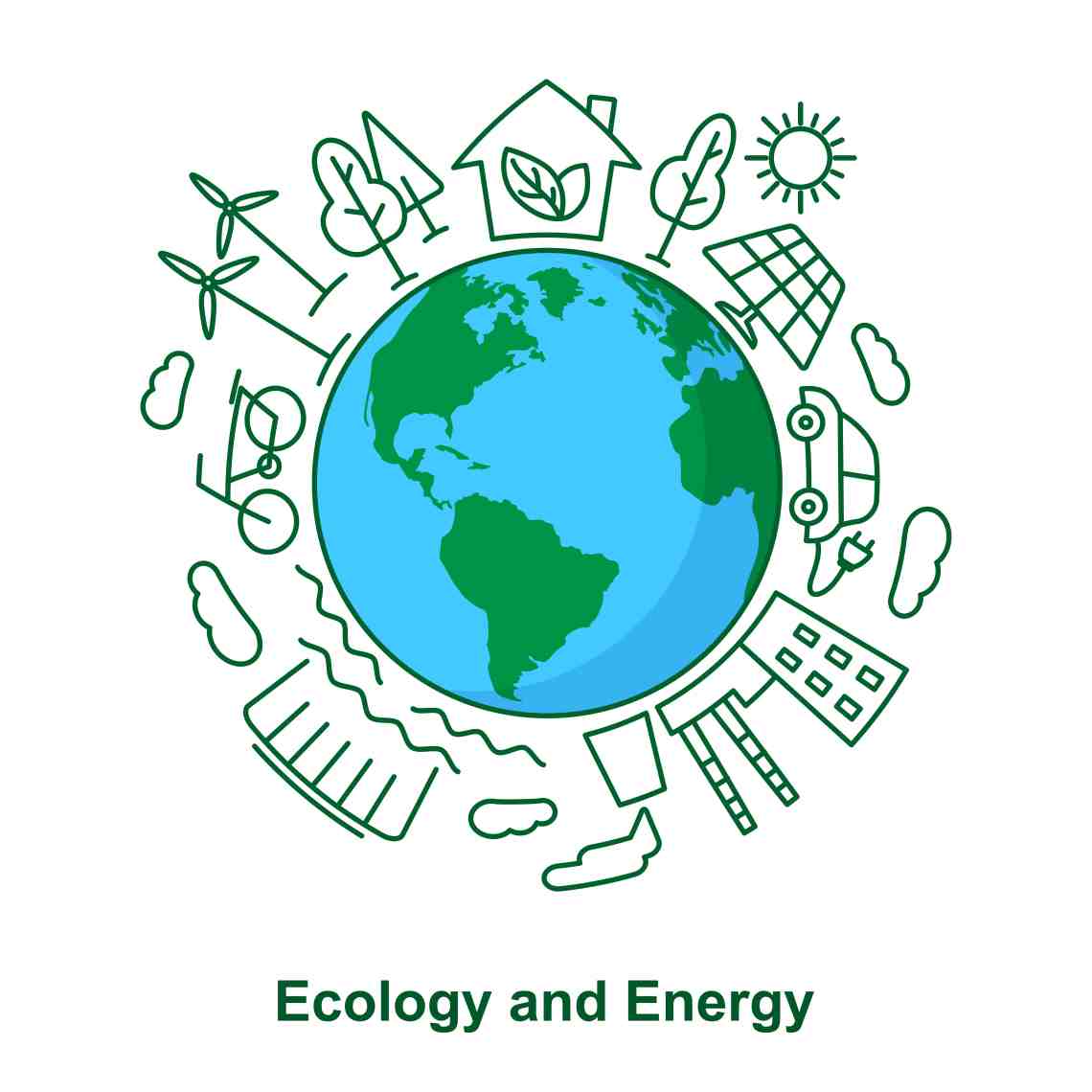- Improved Compliance
- Real Consumer Engagement
- Enable Digital Reorder
& Replenish
Recycling and Sustainability
Solid waste (SW) is more commonly known as trash or garbage. We generate trash every single day and often don’t think about the waste we create and throw away on a daily basis. Every time you throw away a plastic bottle after you finish water, food scraps from dinner, or a product package you are generating waste. Multiply your amount of waste by all of the other people in the world, and millions of pounds of waste collecting on the planet each day.
According to the US Environmental Protection Agency (EPA), industries should embed sustainable materials management (SSM) programs into their production process. SSM refers to the use and reuse of certain materials in the most productive and sustainable way possible across the entire life of a certain product to reduce the amount of waste and minimize the environmental impacts of the materials we use.
In 2013, only the United States generated about 254 million pounds of trash alone, yet only recycled about 34.4% of said waste. This creates a huge issue not just for the US, but also for the Earth as a whole.
The US EPA has outlines two major kinds of recycling issues:
1. Source reduction, or waste prevention, is designing products to reduce the amount of waste that will later be thrown away and also to make the resulting waste less toxic.
2. Recycling is the recovery of useful materials, such as paper, glass, plastic, and metals, to use to make new products, reducing the amount of virgin raw materials needed.
Recycling is one of the simplest ways that you can help protect the environment and the human population. Waste negatively impacts the natural environment in a multitude of ways. There is a significant lack of room for waste in our world, financial expenditure is high when dealing with waste, and heaps of natural resources are being used.
At Water.io we understood that smart packaging can help source reduction and recycling and started looking at these issues differently. We have created ways to promote recycling, enhance sustainability, and produce less waste overall. Smart packaging has the ability to focus on these needs, reduce waste and promote recyclability.
Let’s take a look at how smart packaging can have a positive impact on sustainability.
Precise, customized production - smart packaging enables industries to create a precise production line. After analyzing user habits and user needs you can predict better purchase rate and preference, and produce a better product that will not return to the factory. When you listen to your customers you know what they need. A precise production line enables precise distribution. Precise production pulls off out- of- use products, saves excessive and unnecessary production, saves massive production costs and reduces waste.
Refill packages - using smart packaging creates loyalty to one brand. This makes it possible for that specific brand to think more environmentally. Loyalty to one brand means industries can produce one main package that can be reusable and refillable with sub-packages that require less material and therefore creates less waste. Our studies and pilots show that implementing refill packages reduces plastic production by more than 50%. 50% less plastic in production means production cost reduction, waste reduction but still a steady consumer crowd.
Less throw away- when consumers buy precisely and according to their running out stock at home, and don't have to worry about running out of a specific product, they only buy what they need, so there is less risk of over-buying a product and then letting said product go to waste. Also, the refill package that Is thrown away when finished creates less waste than the original package that is thrown away. 50% less waste in production but also 50% less waste after use.
In conclusion, all companies must begin to think about their impact on the environment and how they can become more efficient with recycling materials and promoting sustainability within their company. Sustainable Materials Management can effectively reduce the amount of waste our planet collects, slow climate change substantially, and minimize other environmental impacts.
Implementing simple practices like precise production and refill packaging will promote less waste and less throw away and help save the environment and the people who live in it.


